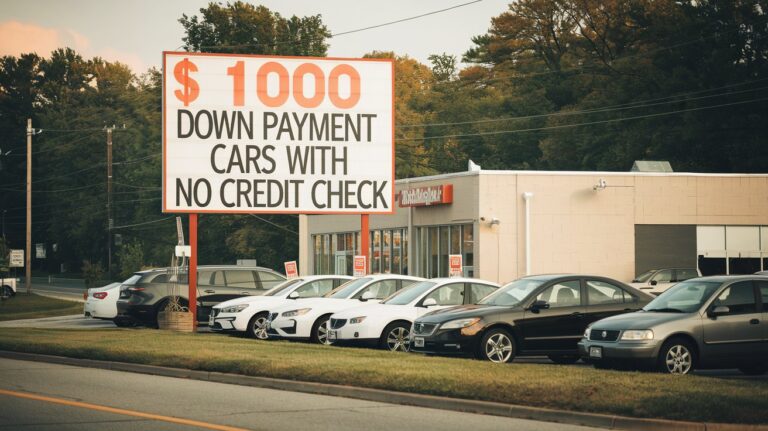Things To Check When Buying A Used Car
Things To Check When Buying A Used Car: Buying a used car can be an exciting yet daunting experience. To ensure you make a smart investment and avoid potential pitfalls, it’s essential to conduct a thorough inspection before finalizing your purchase. Here’s a detailed guide on the key aspects to check when buying a used car.

Let us see the Things To Check When Buying A Used Car One By One Below.
Budget and Research:
- Set a Budget: Determine how much you’re willing to spend, including potential costs for registration, taxes, insurance, and any necessary repairs. And also remember you need to keep a separate budget for the first service. Used car needs first good service to avoid breakdowns.
- Research Models: Narrow down your options based on your needs (e.g., sedan, SUV, mileage, fuel efficiency) and research reliable makes and models within your budget.
Vehicle History Report:
Before anything else, obtain the Vehicle Identification Number (VIN) from the seller and run a comprehensive vehicle history report. Services like Carfax or AutoCheck can provide valuable information about the car’s past, including:
- Accident history
- Ownership records
- Title status (e.g., clean title, salvage, rebuilt)
- Service and maintenance history
A clean vehicle history report is crucial for understanding the car’s background and identifying any potential red flags.
Exterior Inspection:
- Body Condition: Inspect the exterior for signs of rust, dents, or scratches. Pay close attention to panel alignment, as uneven gaps could indicate previous repairs.
- Paint Quality: Check for mismatched paint or variations in texture, which might suggest previous bodywork.
- Tires and Wheels: Examine tire tread depth and look for uneven wear patterns. Inspect the condition of the wheels for signs of damage.
Interior Examination:
- Seating and Upholstery: Check the condition of seats, including any tears, stains, or signs of excessive wear. Evaluate the overall cleanliness of the interior.
- Dashboard and Controls: Ensure all dashboard lights illuminate properly when starting the car. Test the functionality of features such as air conditioning, stereo system, power windows, and seat adjustments.
- Interior cleanliness: You must consider how clean and neatly the car cabin has been maintained so far.
Mechanical Assessment:
- Engine Compartment: Inspect the engine bay for signs of leaks, corrosion, or worn-out components. Check fluid levels (oil, coolant, brake fluid) and examine the condition of belts and hoses.
- Undercarriage Inspection: Use a flashlight to inspect the undercarriage for rust, damage, or leaks. Look for any signs of recent repairs or patchwork.
Test Drive:
- Starting the Car: Listen for any unusual noises when starting the engine.
- Driving Performance: Take the car on a test drive that includes various road conditions (city streets, highways) to evaluate its performance, including:
- Acceleration and braking
- Steering responsiveness
- Transmission smoothness
- Suspension and ride quality
During the test drive, pay attention to how the car feels and responds, as this can reveal potential issues that may not be apparent during stationary inspection.
Documentation and Legal Considerations:
- Service Records: Review the maintenance records to ensure the car has been regularly serviced and maintained.
- Title and Registration: Verify that the seller has a clear title to the vehicle and that all registration documents are in order.
Professional Inspection:
- Consider hiring a trusted mechanic to perform a pre-purchase inspection. A qualified mechanic can provide an unbiased assessment of the car’s condition and identify any hidden problems.
- Instead of self-inspection, it is always better to take the opinion of the experts.
Negotiation and Purchase:
- Use your inspection findings, including any identified issues or repairs needed, to negotiate a fair price with the seller.
- Ensure all agreements are documented in writing, including any warranties or guarantees.
- As it is a used car you have good scope for the negotiations. Research Market Value at multiple platforms and try to get it within that range.

By following these precautionary steps and conducting a diligent inspection, you’ll be better equipped to make an informed decision when buying a used car. Remember, investing time in the inspection process can potentially save you from costly repairs and ensure you find a reliable vehicle that meets your needs.







2 Comments